Jeremy Hartwell is opening up more about his experience filming Love Is Blind season 2, over a year after he filed a lawsuit against Netflix and the show’s production company, Kinetic, alleging that they violated California labor law.
In a video posted to the YouTube account More Perfect Union on Aug. 3, Hartwell and his Love Is Blind co-star Nick Thompson explained some of the conditions behind-the-scenes of the hit Netflix show. “I didn’t at all expect what actually went down and what happened which was quite a bit more psychological torture, manipulation, and just basically exploitation,” Hartwell began.
He said when he started the process for the show, the last thing he expected was to be filing a lawsuit against the streamer and the production company. While Hartwell’s time in the pods wasn’t featured much in season 2 because he didn’t get engaged, Thompson went on to phase 2 of the experiment and traveled to Mexico with his then-fiancée Danielle Ruhl. The couple married on the show but have since divorced. Thompson recently came forward to share that he was two months away from being homeless.
According to Hartwell and Thompson, producers took everything away from them during filming: phones, wallets, IDs and passports, and even the hotel room keys. Hartwell said they never saw daylight unless they got permission to use the bathroom, which was outside in a trailer. It meant that they had no concept of time. Thompson claimed that they didn’t receive regular meals or bottled water, but were given a lot of alcohol. “My body was just exhausted and dehydrated and hungry,” he said, adding that he lost 15 pounds in three weeks.
“In the back of my mind, I was thinking this isn’t right, something is wrong here,” Hartwell shared in the video. “This doesn’t feel like it should be allowed. This doesn’t feel like it should be legal.” Thompson said he felt like he couldn’t leave because the contract they’d signed said they could be sued for $50,000 in damages. He said they were filming 18 to 20 hours a day, and he calculated that they were paid $7.14 an hour by calculating how much they made for the show, and how many hours they filmed.
According to Hartwell, there was a discrepancy in how Kinetic and Netflix handled their reality stars. The Love Is Blind cast were classified as contract employees, he said. If they’d been classified as full-time employees, they would have been protected by law to receive breaks, meals, and paid overtime. However, Hartwell shared that “while they classified us as contract laborers in the contract, they filed W-2s on our behalf to the IRS. And just to be very clear, W-2s are only for full-time employees.”
Since filing his lawsuit, Hartwell said he’d received messages from 50 to 60 other reality stars from various shows across networks, who said they experienced similar conditions but were “very, very afraid” to come forward, even anonymously. “It is always a message and a narrative of abuse, exploitation, food deprivation, sleep deprivation, gaslighting,” he said. The response prompted Hartwell and Thompson to launch the Unscripted Cast Advocacy Network (UCAN), a foundation aimed at providing mental health support and legal resources to past and present reality TV stars.

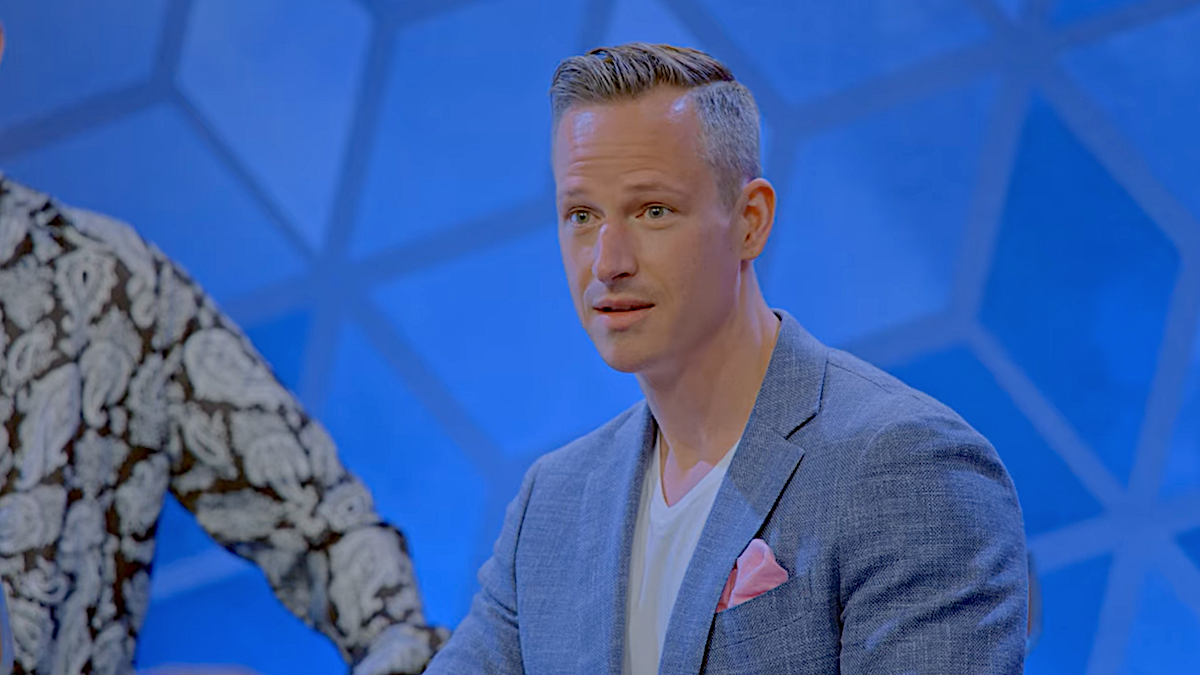
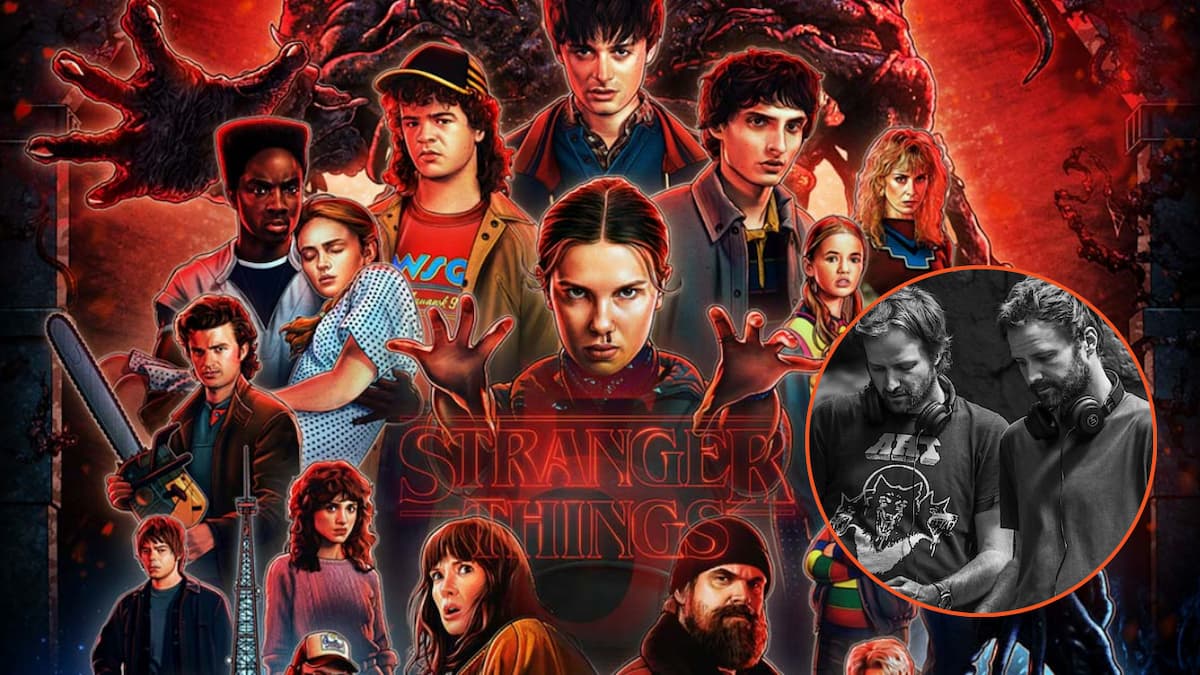
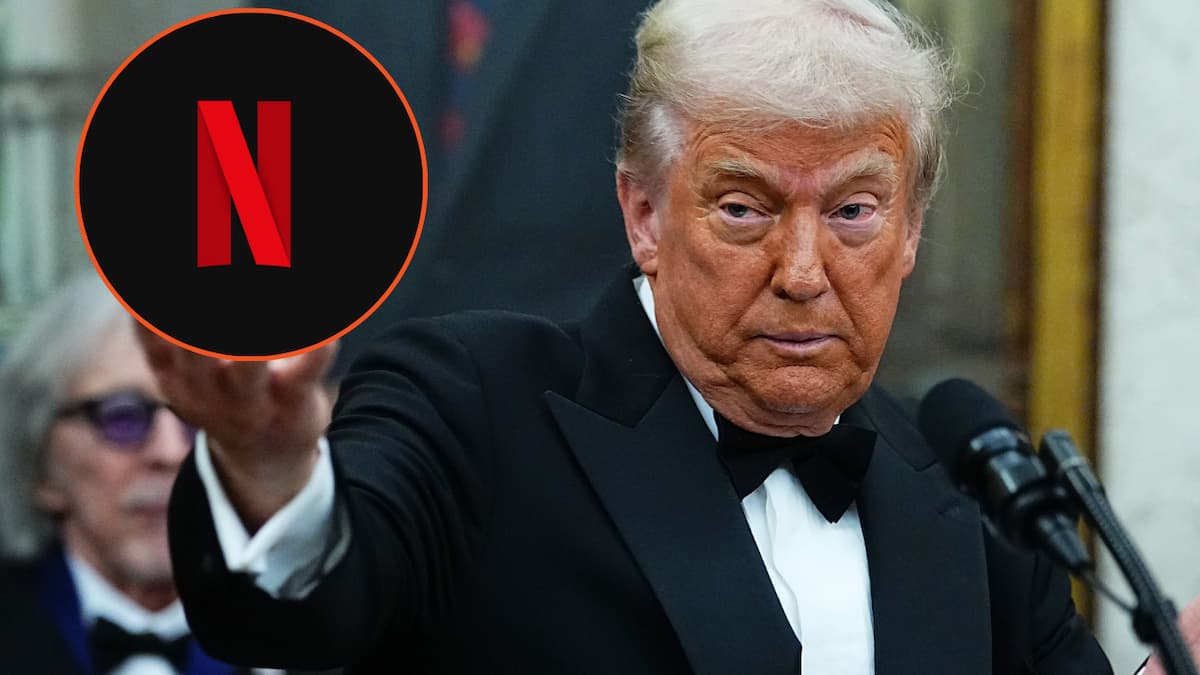
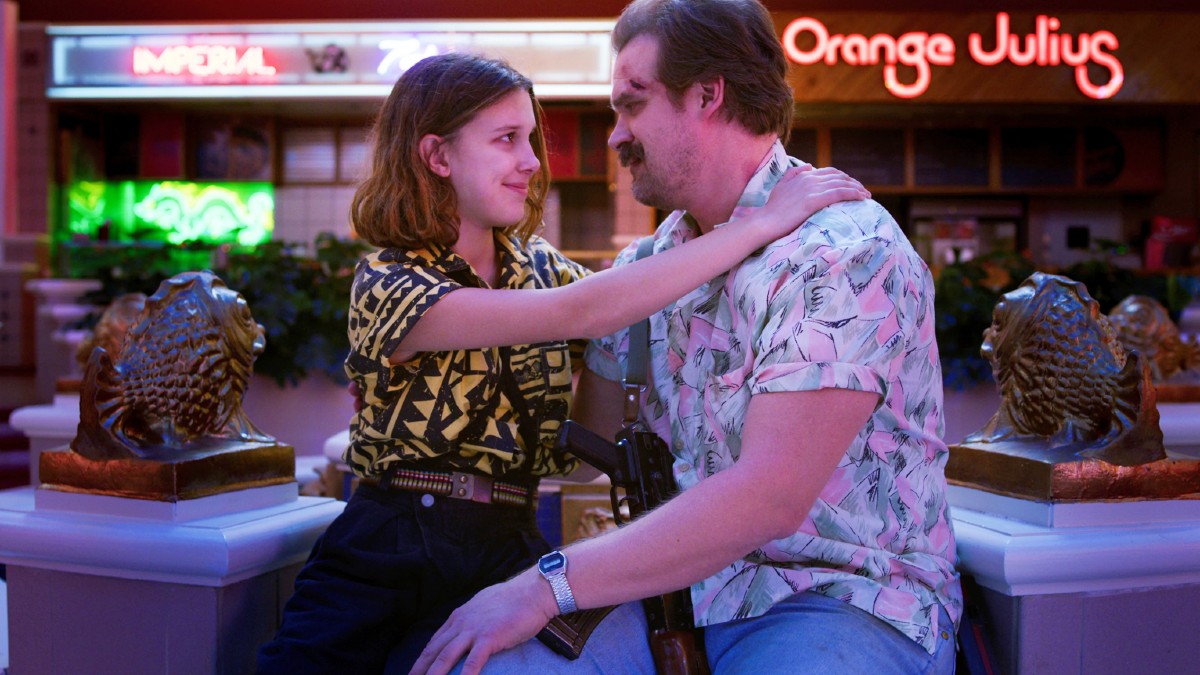
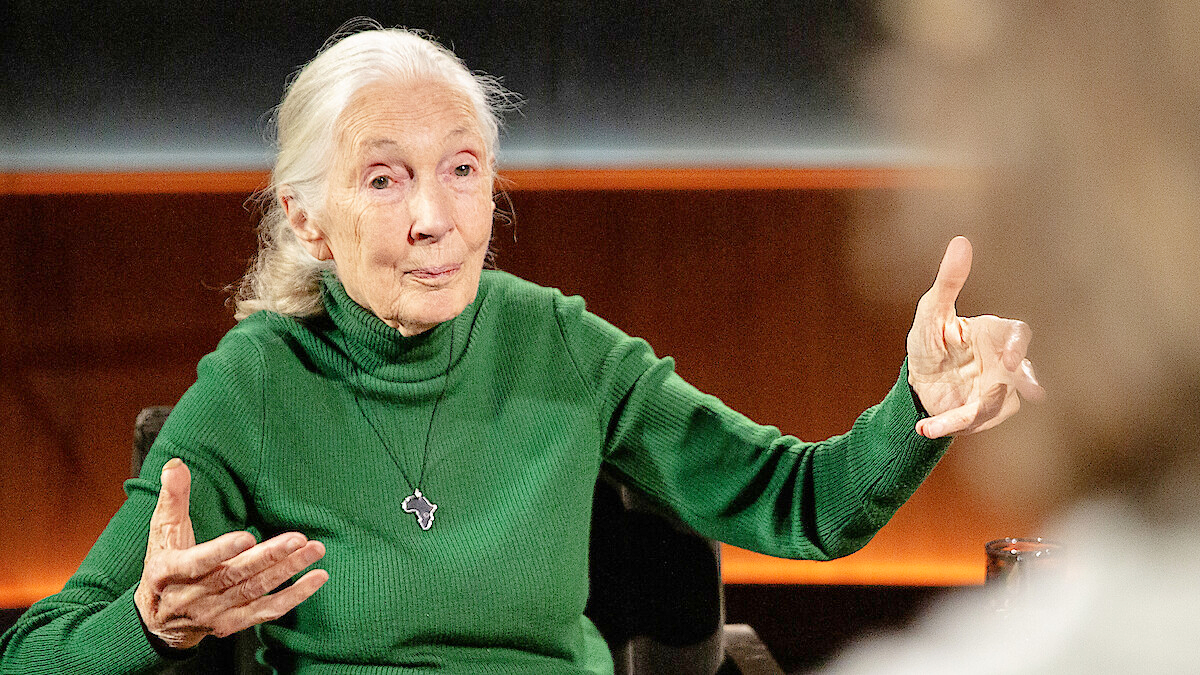

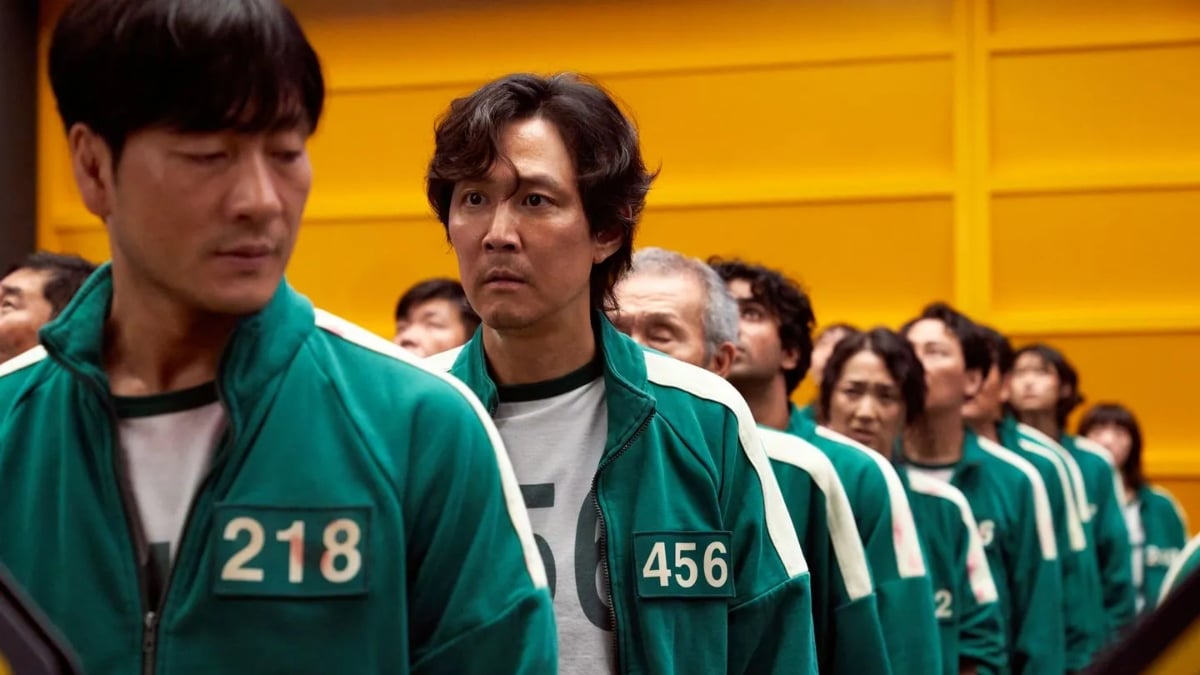

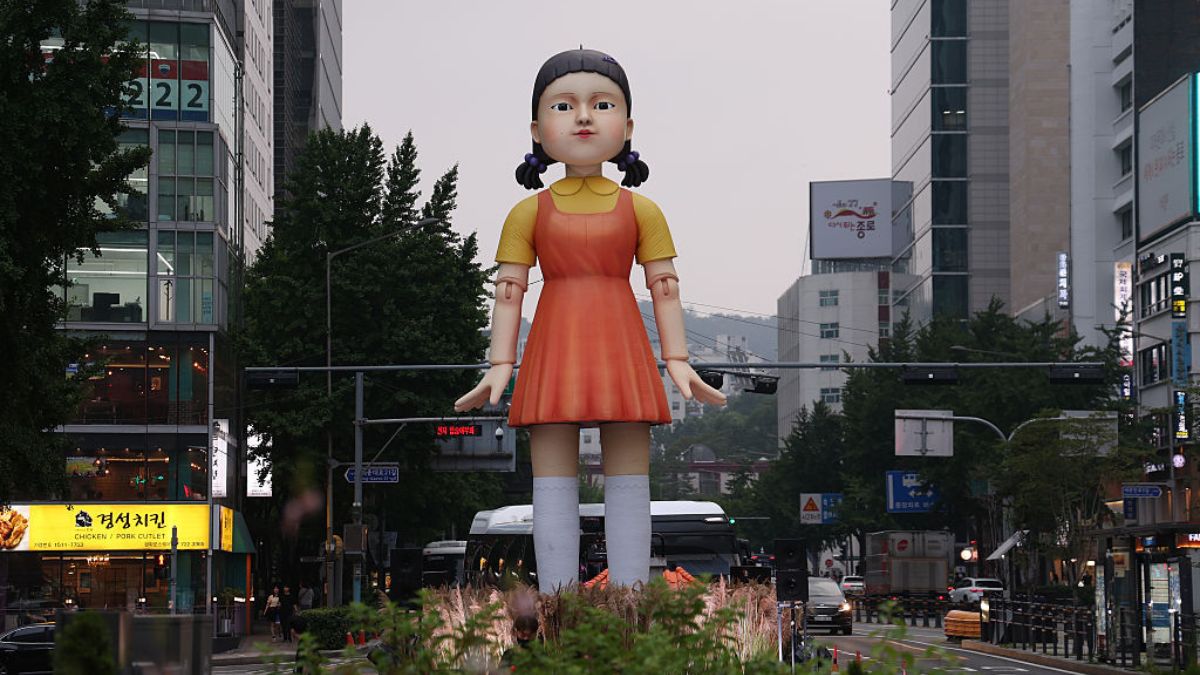

Published: Aug 4, 2023 01:36 pm